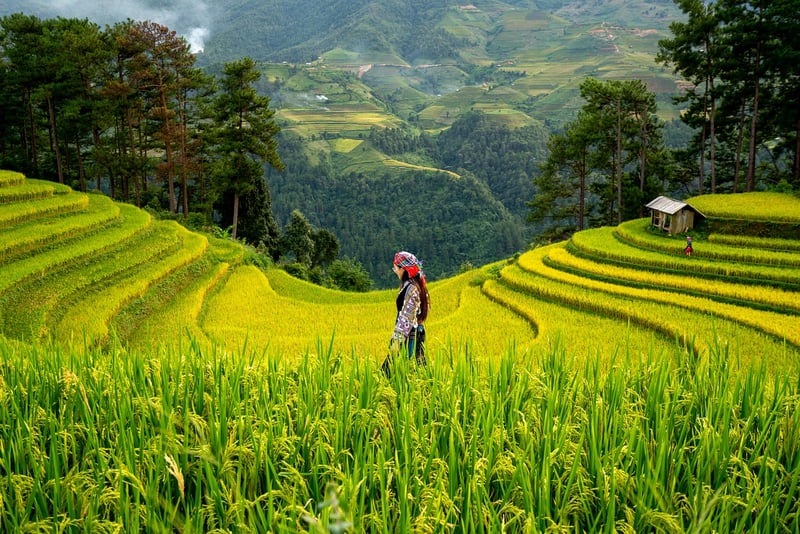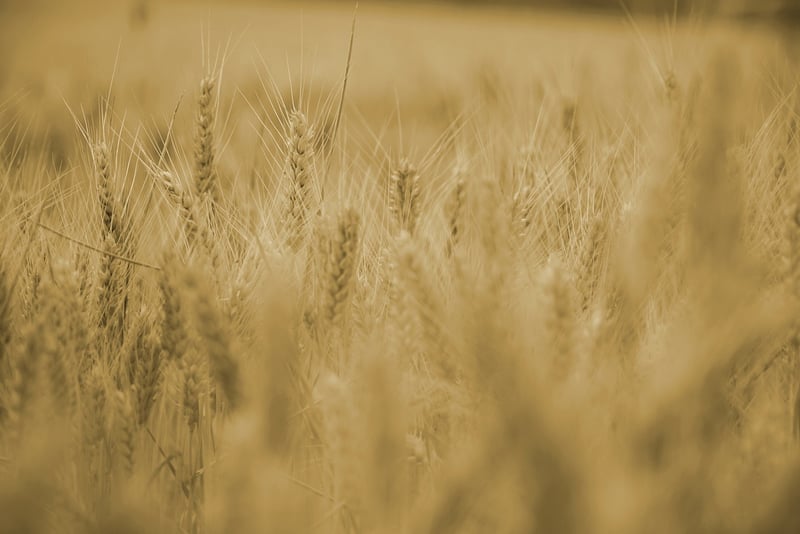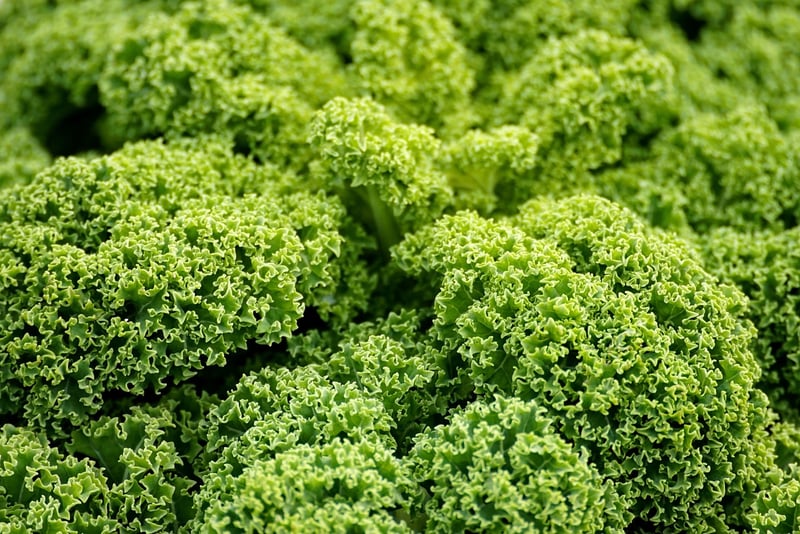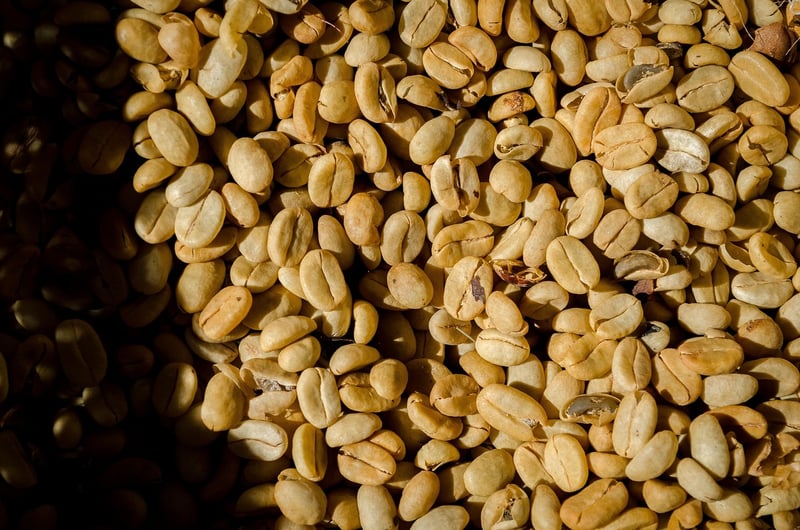Sustainable food production
The Future of Sustainable Food Production: Growing Food Vertically
In recent years, the concept of growing food vertically has garnered significant attention as a sustainable solution for increasing food production in urban areas while minimizing environmental impact. This innovative approach involves cultivating crops in vertically stacked layers or on vertical surfaces, making efficient use of space and resources.
Benefits of Vertical Farming

Vertical farming offers numerous benefits that contribute to sustainable food production:
- Maximized Space Utilization: By growing upwards, vertical farming optimizes land use, making it ideal for urban environments where space is limited.
- Water Conservation: Vertical farming systems use significantly less water than traditional agricultural methods, as water is recycled and reused within the system.
- Reduced Carbon Footprint: With localized production, the need for long-distance transportation is minimized, leading to lower carbon emissions.
- Year-Round Harvest: Controlled indoor environments in vertical farms allow for year-round crop cultivation, ensuring a consistent food supply.
- Pesticide-Free: Vertical farming can reduce the need for pesticides and herbicides, promoting healthier and more sustainable food production.
Vertical Farming Techniques

Various techniques are employed in vertical farming to achieve optimal growth conditions for crops:
- Hydroponics: Growing plants in nutrient-rich water without soil, allowing for precise control over nutrients and water.
- Aeroponics: Misting plant roots with nutrient solutions in a misty environment, conserving water and promoting rapid growth.
- Aquaponics: Combining aquaculture (fish farming) with hydroponics, creating a symbiotic ecosystem where fish waste fertilizes plant growth.
- Vertical Planting Systems: Utilizing vertical towers or shelves to grow crops in a space-efficient manner.
Future Implications

The integration of vertical farming into mainstream agriculture has the potential to revolutionize the way we produce food. As urban populations continue to grow, vertical farming offers a sustainable solution to meet the increasing demand for fresh, locally grown produce.
By embracing vertical farming technologies and practices, we can create a more resilient and environmentally friendly food system for future generations.
Join the movement towards sustainable food production through vertical farming and be a part of shaping a greener future for our planet!
